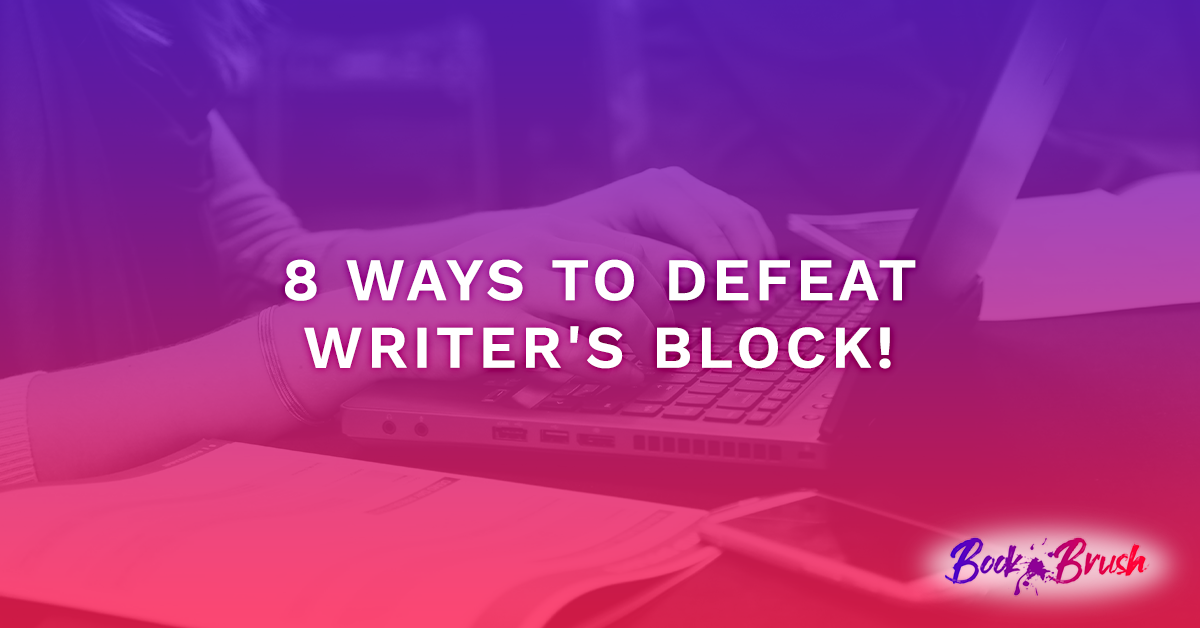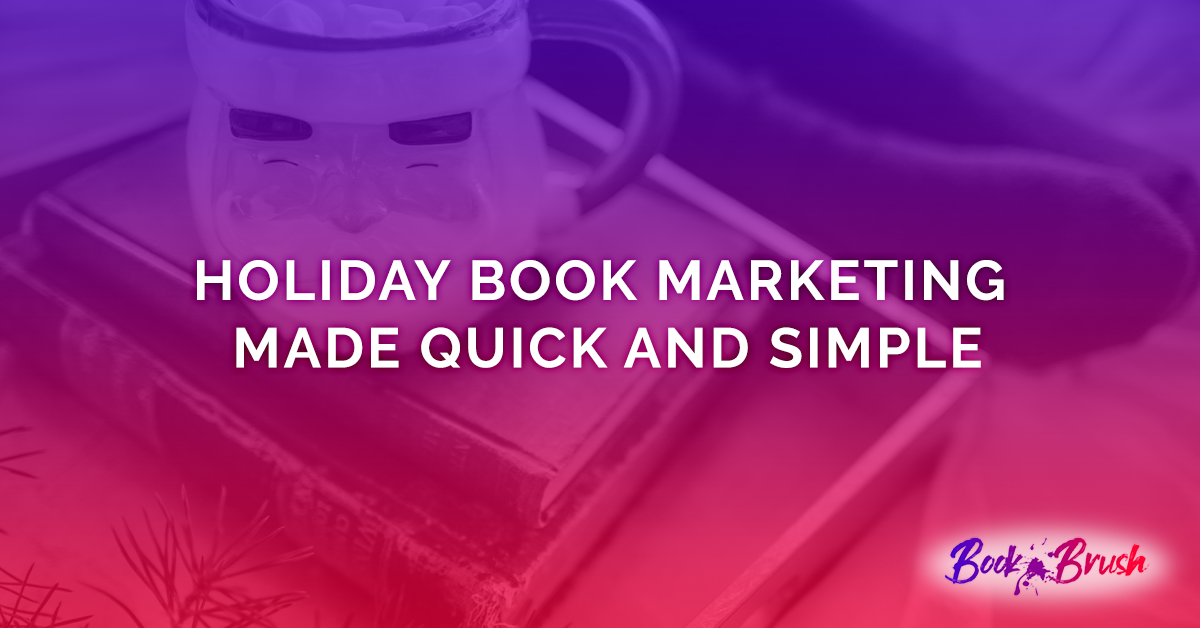Writer’s Block
Do those two words strike terror in your writer’s heart? Have you faced it? I have and many of my author friends have as well. It doesn’t have to be the death knell to your career, promise. There are ways to combat it, overcome it, and move forward.
Not everyone’s writers’ block is the same. Some triggers are physical, either a health change, a location change, a job change. Some are emotional, a death, a critical review, a horrible critique. The stress from any of these can manifest itself in a total creative standstill. Which can last for a long time or a few hours. Either way, and whatever the cause, the block is real, scary and fills us with doubt about ever being able to work again at the craft we love.
Then there is the writer’s block that happens as we’re writing. Also scary and debilitating … you can’t move forward.
For me, the latest (and yes, I’ve had more than one instance of “blockage”) was a full-on creative block, not just in my writing. It was anything that took learning a technique, or doing something that took concentration, like learning French.
I had just started a new book series, in a new genre and to top it off, I was learning to write for the first time in first person. I’d set myself up big time. I’d dabbled with the book on and off between other books, but now it was time to get serious. I opened my notes, my word program and … Nothing. Happened.
For a week, then more weeks. It affected not just my writing, but all I was attempting to do.
I called one of my Book Babes (our three women writing retreat group) and poured out my woes.
TRY #1
Her Answer.
She listened for a moment or more … then said quietly yet with conviction that I needed to find a large piece of BLANK paper and start drawing things about my protagonist. Startled, I then laughed—she knew I couldn’t draw a stick horse. Her suggestion to my balking? Use stickers, color pencils, just start, she said. Then basically hung up. Which was her signal to me to … JUST DO IT.

image created with Book Brush
So, I did. And believe it or not, it only took me a few minutes of wincing at my drawing skill to put aside my inner critic and putter more, drawing my heroine’s name on paper adding some stickers and basically having fun to realize I was ready to tackle the book. I had just played.
The trick was the fact that I was manually creating her. It wasn’t a drawing of her, instead it was things about her. I got excited.
If I get stuck, I’ll head back to the still mostly blank desk blotter I used for paper. But most importantly, it worked. After writing the first chapter in less than a half hour (yes, it was bad, but I didn’t care, I had broken through and I can always edit. You can’t edit if you have nothing on the page) I called her and basically yelled in her ear that she was a genius.
Try #2
Morning Pages.
Another of my dearest writing buddies had published traditionally and was now writing indie. She has three indies out and wanted to start a new series. But every time we talked about writing she said there was nothing but “Kitty Litter” in her brain. She couldn’t put anything on paper that didn’t sound like well, what kitty litter is used for.
She resorted to writing morning pages, using Julia Cameron’s concept (just Google it). The very first morning she simply stared at the blank page wondering just what to put down. Then she just started writing whatever came into her head. And before she knew it the 3 pages were filled. It was a dump. She did this for months and finally, the kitty litter disappeared and words/characters/settings/conflicts filled her pages. She works full time and has scheduled times she writes and is pretty darn faithful about doing this.

image created with Book Brush
The notebooks were her safe place. She dumped her fears, her angst, her prayers, her life on those pages and was able to clear it out of her mind.
Again, it was pen to paper as mine was colored pencils and stickers to paper.
TRY # 3
Writing prompts.
Years ago, my mom bought me this lovely little book which is still available but hard to find. A Creative Writer’s Kit by Judy Reeves. Every day has a prompt. I didn’t follow them in order but as I was thumbing through, I found one that suggested “Write about something at the end of your block” which totally snagged my attention. I hadn’t written in a few months, which was rare for me, so I was blocked by something.
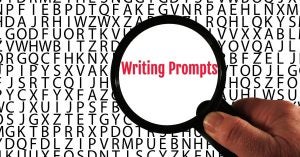
image created with Book Brush
I didn’t have to go outside and look what was at the end of my block, because I knew, an enormous old tree.
On paper, I played with adding a witch, or a gremlin, then a tree house and moved the tree down to the college campus a few blocks away, then the tree house became the center of the story about an alien brought to this planet by a big mistake. Then I went to my computer and an award-winning screenplay was born.
Try #4
The Spokes Method.
Sometimes, we may be writing and moving on, then all of a sudden we can’t move forward with a scene or a character. Yes, that is a form of writer’s block. You’re stopped, right?
I didn’t develop this method and I don’t recall where I heard it, but it’s tried and true for me.
Smack dab in the middle of a blank piece of paper, again with a pencil, I list my central issue. Nothing poetic, just the facts of the problem. Then I draw a spoke out and start writing an answer. Then another spoke from the central issue with another answer. I don’t care how they sound, I’m working through this brain block.
Sometimes I’ll create a spoke out from a spoke just written. Put this picture into your mind, if you’re looking at a clock and my first spoke is noon, then by 9 or before, I’ve got it worked out. It always works.
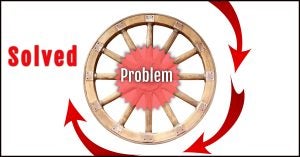
image created with Book Brush
Notice that these methods require the slower movement of handwriting, printing, or drawing. Not using the computer. I truly believe that when you allow your brain to slow down, and it does if you’re writing by hand, then your brain has more time to think.
However, the next TRY is using the computer because it’s all about using email.
Try #5
Writing an email.
Have you ever needed a question answered and as you’re writing out the long-involved email, the answer comes to you? I have, and every time it does, I laugh at myself. I used to send the email right away, and bingo, the minute I hit send, I knew the answer.
Now I wait and if the answer still doesn’t come, I either email myself and maybe a trusted writing partner who won’t think I’ve gone off my rocker.
Why does this work? Because I’m articulating carefully, taking my time. Breaking through that barrier that’s been created.

image created with Book Brush
TRY #6
Sometimes habits need to be broken.
It’s very possible that your writing area, office, coffee shop has become either too familiar or a drain on you.
I know a lot of us are longing for our table at our favorite coffee house for a few hours of writing with headphones on, latte at hand. This TRY isn’t about that, specifically
It’s about moving something, mainly you, around. I edit, design and email at my desk with my big monitor. But I can no longer write there.
There are a couple of reasons. Because I conduct a lot of “business activities” at that computer it’s become symbolic in my mind. I use Book Brush at this computer, I use this computer for spreadsheets and email. (Book Brush is more fun!)
I use my comfy barrel chair, my laptop and lap desk for writing. Same room, different spot, different attitude and much smaller, more intimate screen. Just me and my book.
It’s made a huge difference.
In fact, if I have my PC or iMac on, I turn off the screens, so I can’t be distracted.
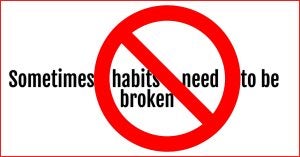
image created with Book Brush
In the summer, I often write outdoors. The change of venue, even if it’s just across the room, tells me I’m in my writing zone. So, try that and if you write in a coffee shop, and a lot of multi-published authors I know do just that, change it up. Or find a different table. The idea is to break the habit that might be blocking you.
TRY #7
Redirect a scene.
Sometimes that scene just isn’t working and you’re putting garbage on the page and know it’s not even editable, but you’re driven to get words down. After all that’s what we writers do. Write.
It’s happened to everyone I know
- It can be the wrong POV
- The setup wasn’t done early enough and you’re pulling stuff out of thin air
- The setup wasn’t done at all, and you have no direction
Usually approaching a scene differently helps.
Try going back a chapter, or as far as you need and look deep and see if you need to redirect the scene. Be brutally honest with yourself because if you’re not, you won’t fix this.

image created with Book Brush
And if you still can’t find it, ask a trusted reader to look at a few chapters and just give them a hint that the last part feels off and see what they say.
They are not invested in your story and they don’t wear blinders, we do.
TRY #8
Let. It. Go.
There will be people who just tell you it’s all in your head, just get over it.
Duh, that’s what I’m trying to do is your mental answer if not verbal comeback. 😊
To be honest, sometimes you just have to simply let it go. Yeah, I love the song.
I’m not talking about letting go of your career. But letting go of the worry that you’re blocked. And that you’re never going to be unblocked. It’s truly self-defeating behavior.
It may well mean you need a break. I’m not saying this would be easy, especially if you’re under contract. Asking for an extension is a scary prospect, but if what you turn in is dreck … or worse, you have nothing to turn in …
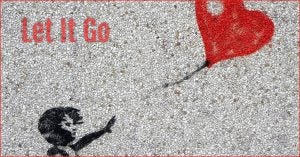
image created with Book Brush
I think it’s that we don’t want to face the hard truth that we need a break from something we love(d). But your mind may be the better judge here than your heart. Writing takes a lot of passion, grit, time and education about the craft. We put a lot on ourselves every time we sit down to write. Don’t forget that. Writing isn’t easy. It may be a passion, but it’s not easy.
A little self-kindness and a little distance may be exactly what you need, particularly if you’ve just faced a life altering trauma.
Sometimes you can’t just write through it … but you will write again and that’s important to remember.
I hope I’ve given you some methods to try. Now off to work on that book!

Article by L.A. Sartor
I started writing as a child, really. A few things happened on the way to becoming a published author … specifically, a junior high school teacher who told me I couldn’t write because I didn’t want to study … urk … grammar… That English teacher stopped my writing for years.
But the muse couldn’t be denied, and eventually I wrote, a lot. I learned a litany of new things and published my first novel. My second book became a bestseller, and I’m absolutely on the right course in my life.
Please come visit me at www.lasartor.com, see my books, find my social media links, and sign up for my mailing list. I have a gift I’ve specifically created for my new email subscribers.
